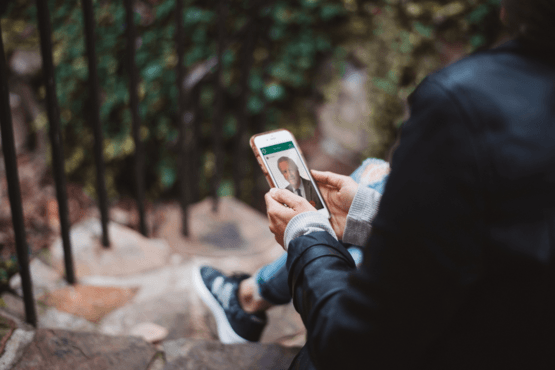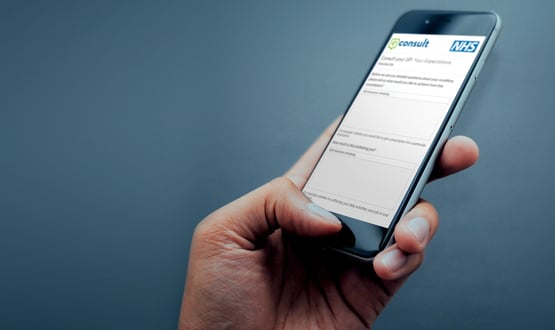GP apps need ‘back-up plan’ in cases of suspected sepsis, new guidance says

GPs apps and video consultation services need to have a plan in place to arrange for a patient to physically see a doctor if sepsis is suspected, new guidance says.
NHS England has updated its guidance for spotting the deadly condition, requiring hospital staff and clinicians to look for sepsis in its early stages in all patients, both in A&E and on wards.
The guidance, written with the Royal College of Physicians, The Royal College of GPs, National Institute for Health and Care Excellence (NICE) and the UK Sepsis Trust, forms part of the NHS Long Term Plan to prevent thousands more sepsis deaths.
NICE guidelines on sepsis prevention in primary care requires GPs to assess a patient’s clinical warning signs, including temperature, respiratory rate, level of consciousness and oxygen saturation.
But “in remote (non-face to face) assessments if a clinician suspects sepsis and has no access to physiological measurements they should arrange for the patient to attend a facility where these measurements can be recorded without delay”, the new guidance says.
Dr Sarah Jarvis, GP and clinical director at Patient Access, said GP apps and video consultation services should always make sure there’s room for a patient to attend the surgery should their case be deemed urgent.
“What you have to bear in mind is there are always risks with any consultation, whether it’s face-to-face, telephone or video,” Dr Jarvis told Digital Health.
“We can get quite a lot of information just by looking at the patient.
“You must always be conscious that if you feel it’s necessary you must have the capacity to bring the patient in for a face-to-face assessment.”
Dr Jarvis expressed concern that some apps allow patients to have online appointments a sizeable distance away from their GP, making it harder for them to get to the surgery if necessary.
Patient Access is launching its own video consultation service which will allow GPs to use the technology with their own patients, which is hoped will reduce that risk.
Fellow GP online consultation provider, Babylon, have been running specific sepsis training for their GPs for the last two years in order to make sure urgent cases aren’t overlooked, a spokesman said.
“If the Babylon app suspects sepsis then it will straight away recommend that the user seek urgent medical attention,” he told Digital Health.
“This instant access to artificial intelligence-based triage allows patients to rapidly establish when they need to speak to a doctor.
“The patient can then have a video consultation with one of our GPs, usually within two hours.”
Many clinical warning signs like temperature, urinary output, signs of infection and recent surgery can be assessed over the phone, he said.
But “just like any other provider” the company would be investigated in the event of a sepsis death.
“Any healthcare provider needs to be responsible for the care they provide, whether that’s digital-first or not. If someone we care for were to ever become severely unwell or die, due to sepsis or anything else, then just like any other healthcare provider we would and should be investigated,” he added.
Dr Aravinth Balachandran, medical director of eConsult, told Digital Health the online triage tool has developed algorithms to spot the red flags of sepsis in line with Sepsis Trust guidance.
“eConsult has built in red flags that are designed to pick up the early warning signs and symptoms of sepsis and automatically sign post patients at risk to more urgent health provision so that they can get the appropriate help they need promptly,” he said.
“Online consultations, while not replacing the acumen and experience of a clinician, which is always necessary when treating something as serious as sepsis, enable the potential to flag urgent symptoms earlier and get patients quicker treatment.”
The Royal College of GPs was contacted about concerns the new guidance requires face-to-face contact and doesn’t cover the use of apps, but declined to comment.





1 Comments
These apps are medical devices and must be clinically safe.
Wake up and smell the ISO 13485!
Comments are closed.